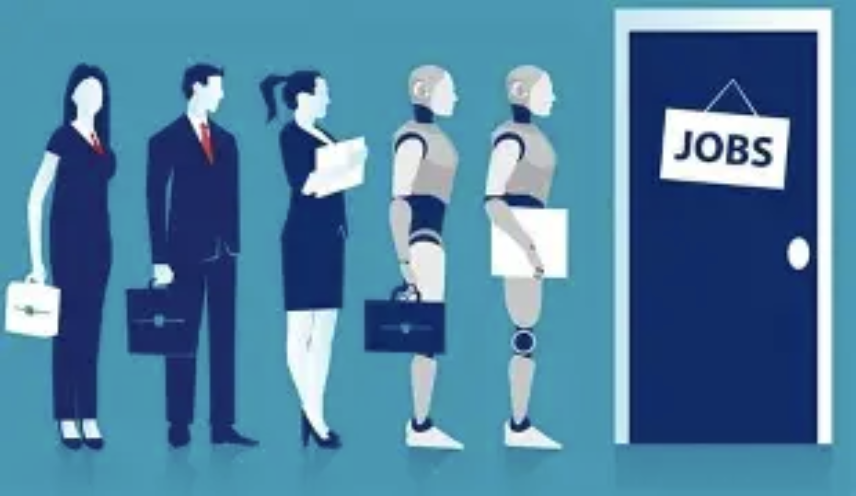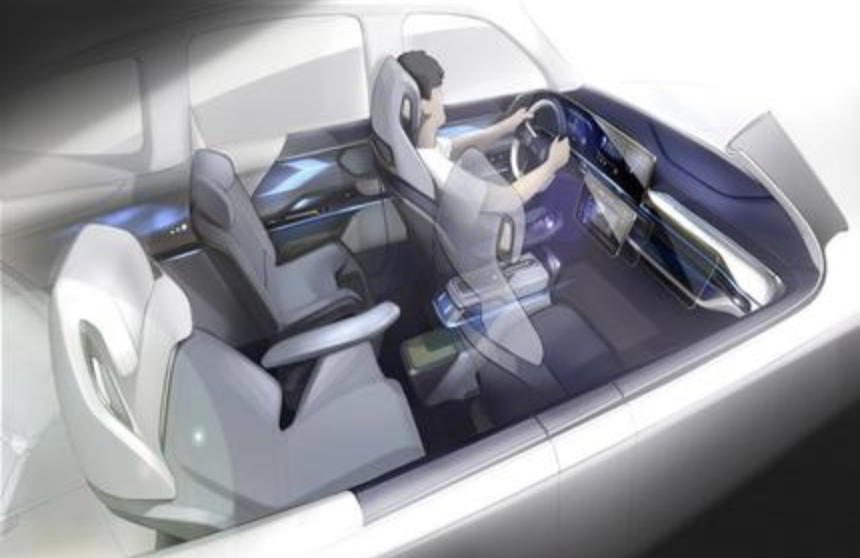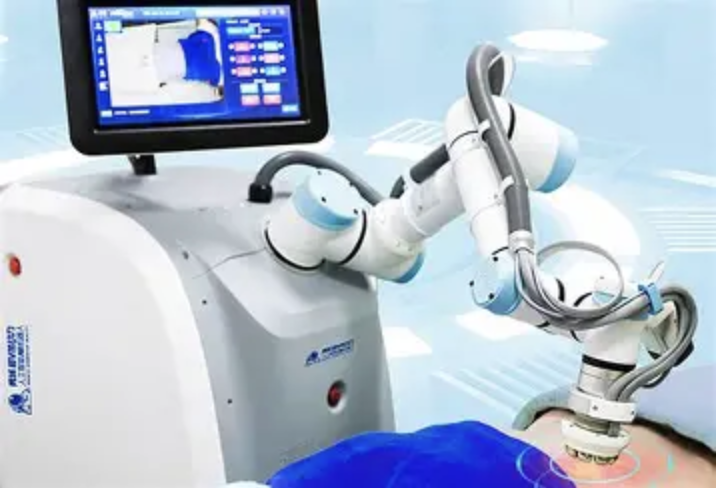B2B Tech Unleashed: The Consumer Invasion
The Luxury of Invisible Infrastructure
Luxury consumers seldom realize the factory robots crafting their custom watches or the AI streamlining their private jet flights—until such technologies transition from factories to everyday use. The accuracy of smart manufacturing, previously limited to car assembly lines, now fuels bespoke suit production where 3D scanners assess your posture and robotic arms sew fabric with astonishing precision. This goes beyond mere personalization; it transforms industrial-grade exactness into a sign of wealth. For individuals who prioritize uniqueness, a jacket designed by algorithms evaluating 10,000 body measurements seems significantly more opulent than one tailored merely by human effort.
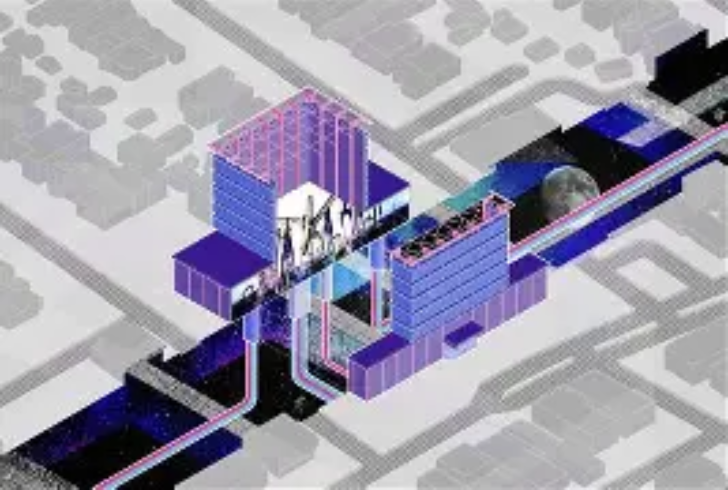
When Autonomy Becomes a Lifestyle Filter
The emergence of self-driving technology, initially developed for logistics and warehouse automation, is transforming luxury transportation beyond just what Tesla offers. Now, manufacturers of private yachts are incorporating navigation systems originally made for cargo vessels, allowing them to cruise through crowded harbors while owners relax on the deck. For the super-rich, helicopter services use advanced collision-avoidance technology from commercial aviation to turn bumpy flights into smooth journeys. The real benefit? These innovations not only enhance convenience but also deepen class distinctions. A transport vehicle for ski chalets, designed with off-road technology created for mining, enables owners to reach secluded slopes that regular cars cannot access—providing privacy as a service through business-driven advancements.
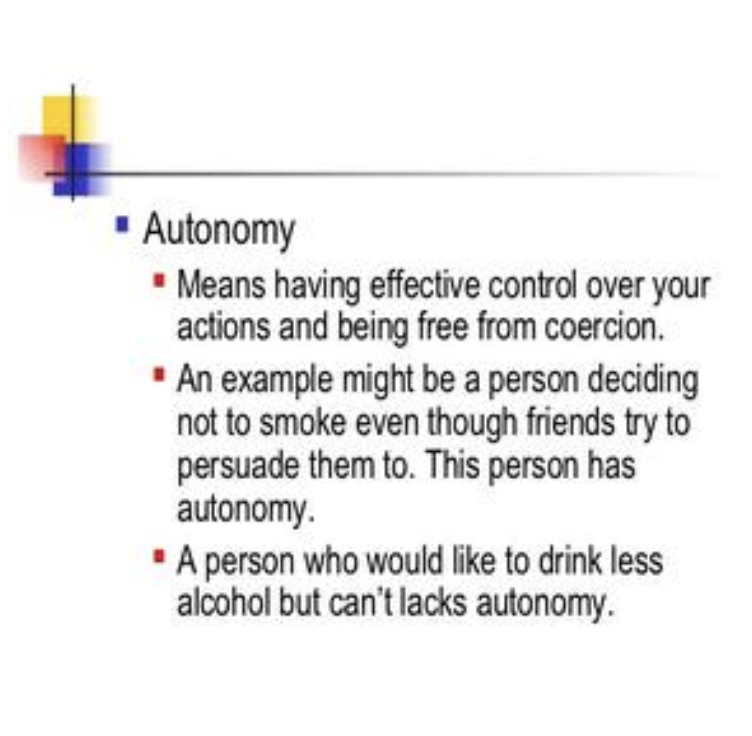
The Data-Driven Exclusivity Loop
Predictive maintenance systems originally designed for smart manufacturing to avoid factory failures are now being adapted to predict when your home's climate control system requires adjustments—before you even notice a chill. High-end appliance manufacturers have adopted IoT technology from industrial sensors, allowing wine cellars to modify humidity according to current vineyard information sourced from regions like Napa or Bordeaux. For wealthy individuals, this level of convenience transcends mere efficiency; it represents a curated lifestyle. Your intelligent closet, utilizing inventory management tools from retail storage facilities, recommends outfits in preparation for future events and weather conditions—cross-referenced with insights from your personal stylist. This is essentially B2B supply chain thinking repackaged as a lifestyle service.
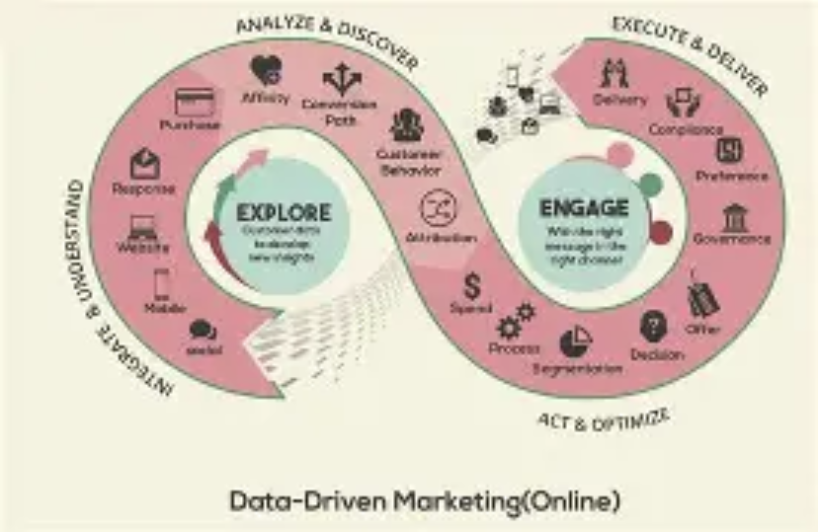
The Price of Pioneering
These B2B technologies aimed at consumers come with unexpected expenses. The very AI that enhances fuel efficiency for your private jet, inspired by commercial airline operations, demands regular software updates—subscription charges that can match a full year of college fees. Custom smart home systems, which are developed using high-level security measures, often require expert technicians when they face issues. However, for the intended audience, this inconvenience adds to the charm. Having a home equipped with a robot chef designed for restaurant kitchens—backed by round-the-clock tech assistance—suggests belonging to an exclusive circle where even your household gadgets operate at a large scale.
The entry of B2B technology into consumer markets isn’t merely about devices. It focuses on transforming tools meant for efficiency into symbols of prestige. For those who can afford such luxuries, the future is not just intelligent—it’s constructed on the same systems that manage global factories and transport fleets, rebranded as the ultimate mark of wealth.
(Writer:Ciki)

